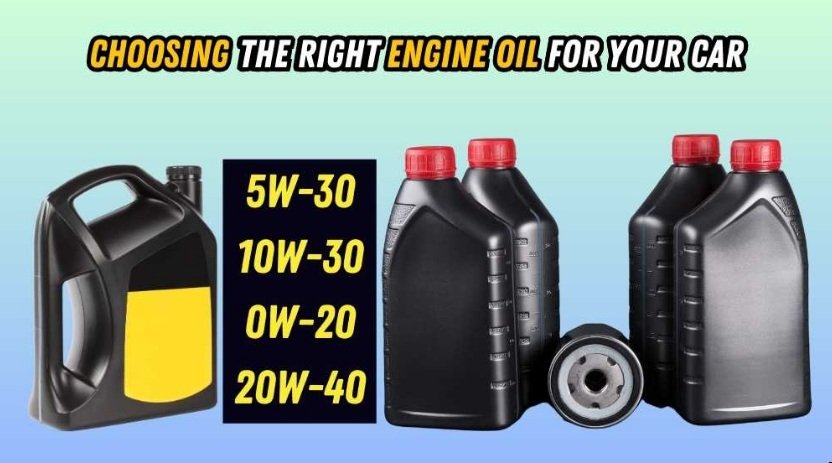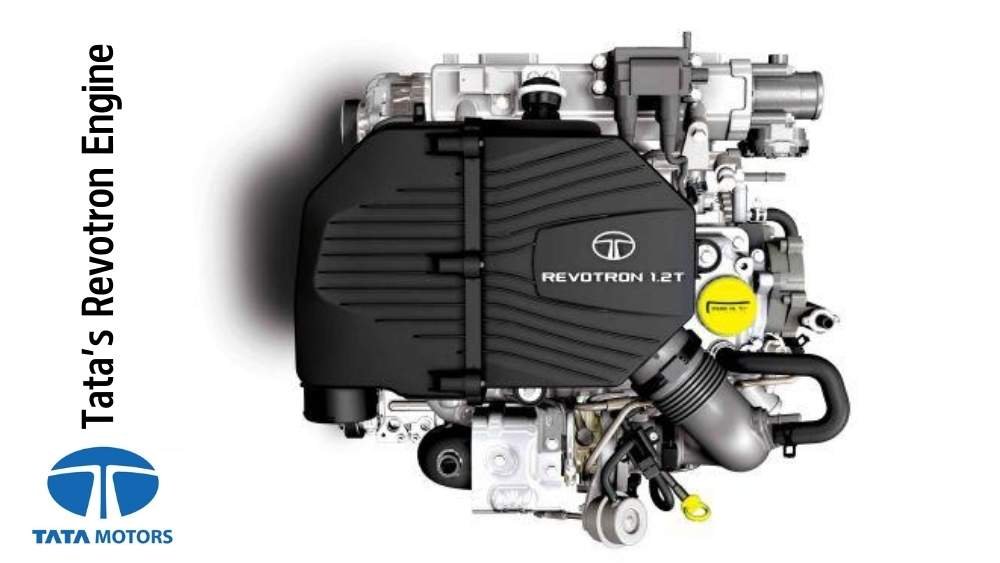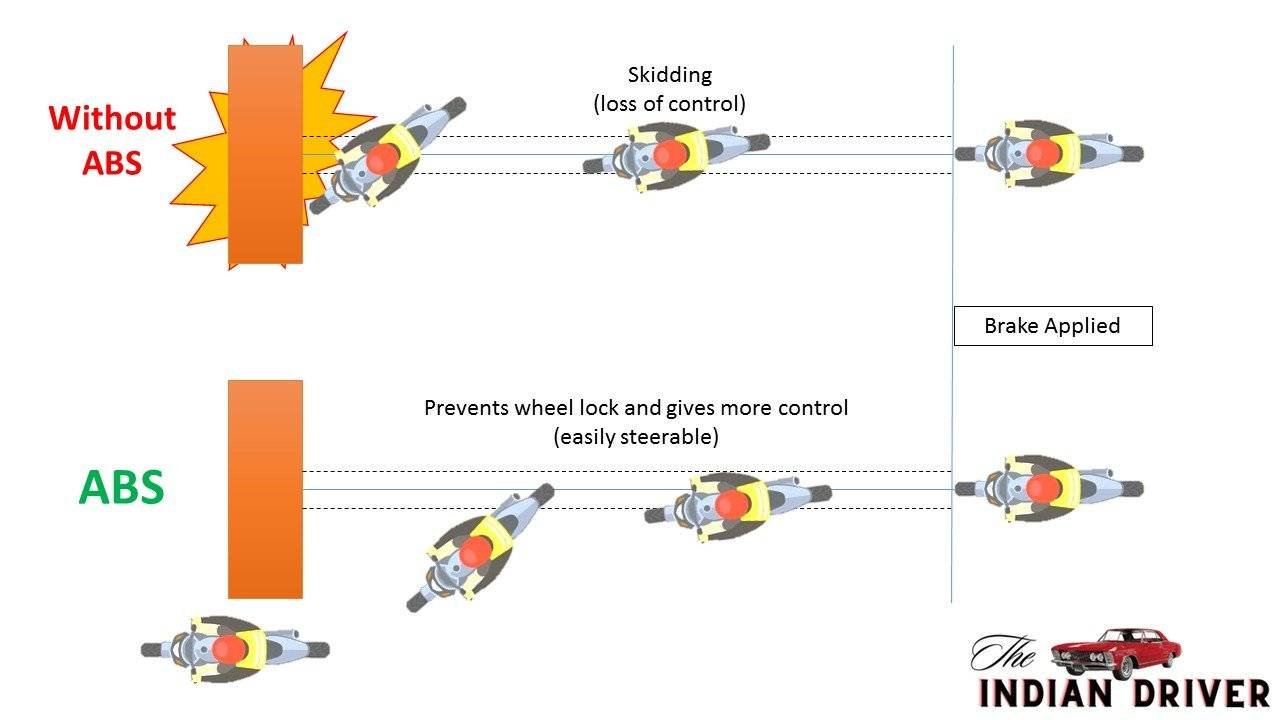Choosing the Right Engine Oil for Your Car
Choosing the right engine oil for your car is essential to maintaining your vehicle’s performance, longevity, and overall health. The right oil ensures that your engine operates smoothly, reduces wear and tear, and can even improve fuel efficiency. With so many options available, selecting the perfect oil can be overwhelming, especially with varying recommendations based on climate, driving habits, and engine type.
In this comprehensive guide, I’ll walk you through the key factors to consider when selecting the best engine oil for your car, drawing on years of experience and expertise. Whether you’re a seasoned driver or new to vehicle maintenance, this guide will equip you with the knowledge to make an informed decision.
 |
| Choosing the Right Engine Oil for Your Car |
Understanding Viscosity: The Foundation of Engine Oil
Viscosity is the most crucial factor when choosing engine oil. It refers to the oil’s thickness or resistance to flow, which is vital for proper engine lubrication. Viscosity is typically represented by a grade, such as 5W-30 or 10W-40.
- The first number (before the “W”) indicates the oil’s viscosity at cold temperatures. A lower number, like 5W, means the oil will flow more easily at lower temperatures, which is particularly beneficial in colder climates.
- The second number represents the viscosity at operating temperatures (typically around 100°C). A higher number, like 40, means the oil will remain thicker when the engine is hot, providing better protection.
For most vehicles, a 5W-30 oil strikes the right balance between cold start protection and high-temperature performance. However, always refer to your car’s manual for the recommended viscosity range specific to your vehicle’s engine.
Here is table showing different oil grades and their suitability.
Also read: Petrol, Diesel, CNG, LPG, Electric, Hybrid, Hydrogen Engines
Mineral vs. Synthetic Oils: What’s Best for Your Engine?
Mineral oils are derived from crude oil, while synthetic oils are chemically engineered to provide superior performance. The choice between mineral and synthetic oils depends on your driving conditions, budget, and vehicle requirements.
- Mineral Oils: These are traditional oils refined directly from crude oil. They are less expensive but may not provide the same level of protection or longevity as synthetic oils. They’re suitable for older engines or vehicles with lower performance demands.
- Synthetic Oils: Designed for high-performance and modern engines, synthetic oils offer better viscosity stability, improved protection in extreme temperatures, and longer intervals between oil changes. They are pricier but can be worth the investment, especially for newer or high-performance vehicles.
- Semi-synthetic oils are also available, offering a middle ground by blending mineral and synthetic oils. They provide better protection than mineral oil alone while being more affordable than fully synthetic options.
Diesel vs. Gasoline Engines: Matching the Right Oil
Diesel and gasoline engines have different requirements when it comes to engine oil. The oil for a diesel engine needs to handle higher compression ratios, which means it must be more robust in terms of detergency and anti-wear properties.
- For Diesel Engines: Look for oils that meet the API (American Petroleum Institute) CJ-4 or CK-4 standards, which ensure the oil can withstand the demands of diesel engines.
- For Gasoline Engines: The API SN or SP standards are more appropriate, focusing on reducing sludge and preventing wear in gasoline engines.
Using the correct oil type for your engine is critical. Always check your vehicle’s manual or consult with a professional mechanic to ensure you’re using the right oil for your engine type.
Also read: How to Check Engine Oil Level Using Dipstick
Industry Standards: API and ACEA Certifications
When choosing engine oil, look for certifications from industry standards like API (American Petroleum Institute) and ACEA (European Automobile Manufacturers’ Association). These certifications guarantee that the oil meets specific performance criteria and is compatible with modern engines.
- API Certification: The API’s “donut” symbol and starburst symbol on the oil container indicate that the oil meets current industry standards. The latest API standards are SP for gasoline engines and CK-4 for diesel engines.
- ACEA Certification: ACEA ratings are more common in Europe and focus on both gasoline and diesel engines. The ACEA classification (e.g., A3/B4) will tell you about the oil’s performance in different driving conditions.
Choosing an oil with these certifications ensures you’re using a product that meets or exceeds the necessary quality standards, providing peace of mind that your engine is well-protected.
Also read: 8 Basic Car Parts Every Driver Must Know About Hindi me
Budget Considerations: Balancing Cost and Quality
While it’s important to choose high-quality oil, you should also consider your budget. Synthetic oils, while offering superior protection and performance, are more expensive than mineral oils. However, they can save you money in the long run by extending the time between oil changes and protecting your engine better.
- If on a budget: Mineral oils can be a cost-effective choice, especially for older cars or those with lower mileage. Look for oils that still meet the minimum API or ACEA standards to ensure adequate protection.
- If performance is a priority: Investing in a high-quality synthetic oil is recommended. It provides better engine protection, especially in extreme driving conditions, and can improve fuel efficiency.
Remember, the cheapest option may not always be the best. Consider the long-term benefits and potential savings from fewer repairs when deciding how much to spend on engine oil.
Also read: Essential car maintenance tips for Indian drivers
Regular Maintenance: The Key to Engine Longevity
Regardless of the oil you choose, regular maintenance is crucial. Frequent oil checks and changes according to your vehicle’s maintenance schedule are essential to keeping your engine running smoothly.
- Check your oil level monthly and top up if necessary. Low oil levels can cause significant damage to your engine.
- Change your oil and filter every 5,000 to 7,500 kilometers or as recommended by your car’s manufacturer. Dirty oil can reduce engine efficiency and lead to increased wear and tear.
Keep track of your oil changes and always use the oil grade recommended in your vehicle’s manual.
Maintaining the right oil level and quality is essential to your car’s performance and longevity.
Regular oil changes and proper oil selection can prevent costly engine repairs and ensure your vehicle runs efficiently for years to come.
For more detailed information on choosing the right engine oil, you can visit The Indian Driver for expert advice and additional resources from high-authority sources.
Source:
(1) Which oil does my car need? Find the right viscosity | The AA.
(2) How to choose right engine oil: Tips and Recommendations.
(3) Choose the Right Engine Oil for Your Car | Mobil™ Engine Oils.
(4) Choosing (and Using) the Right Engine Oil | Edmunds.





2 comments